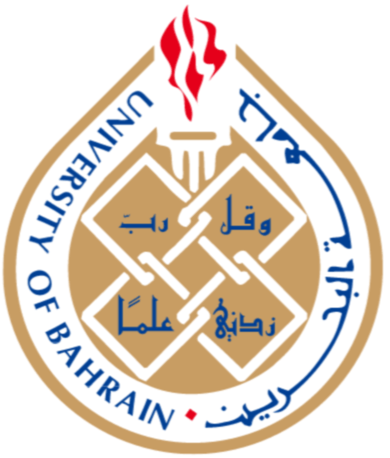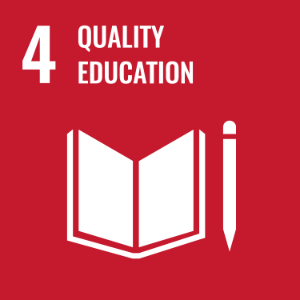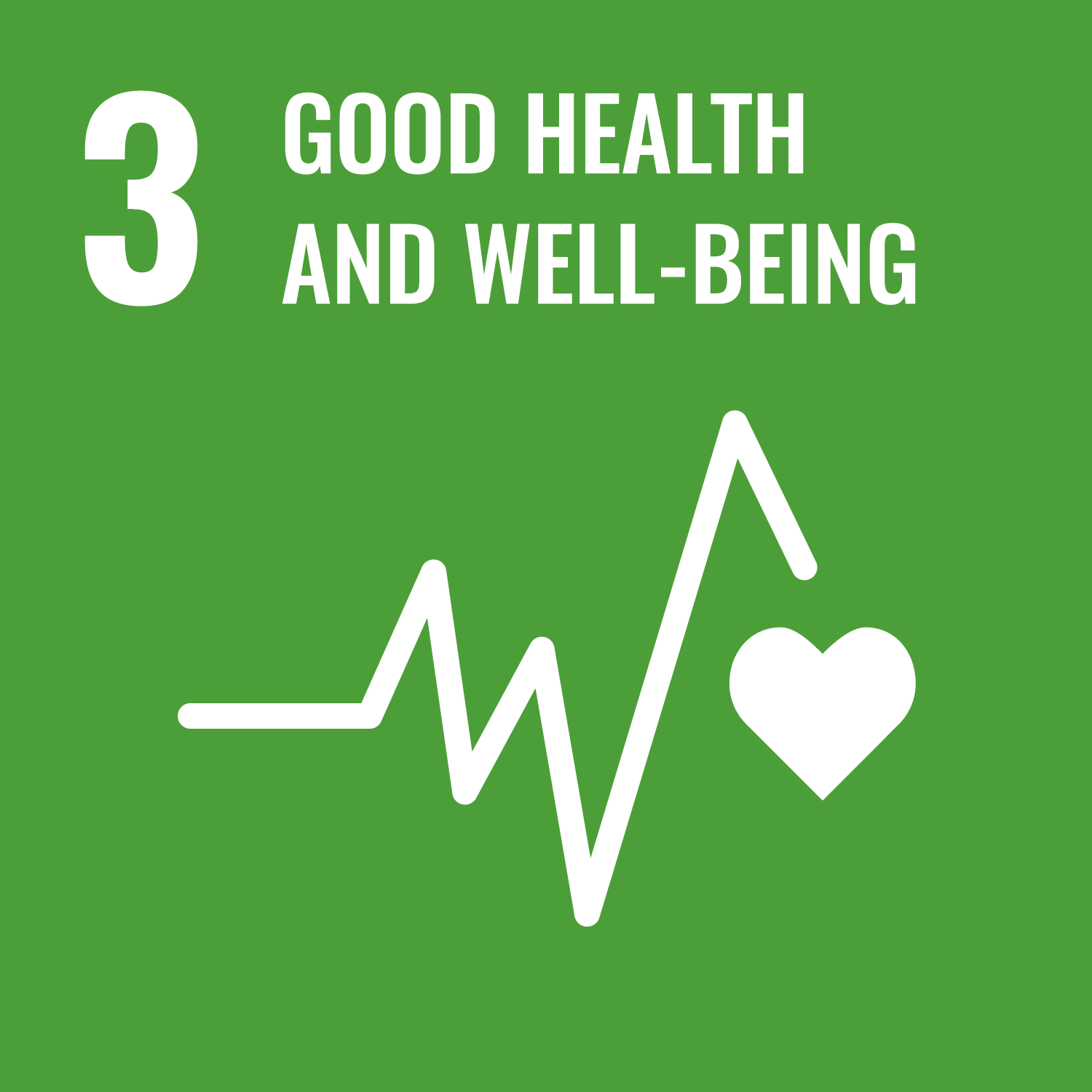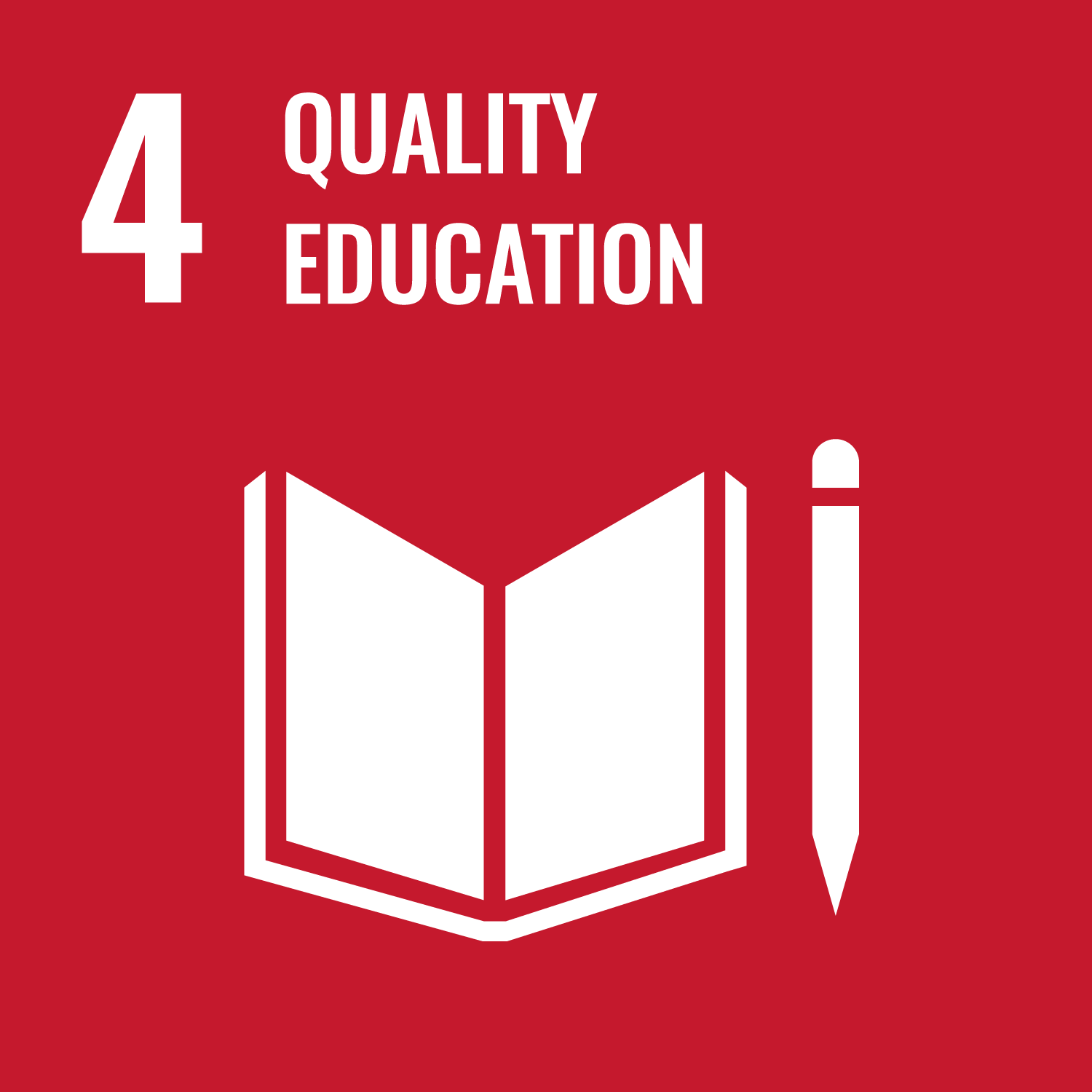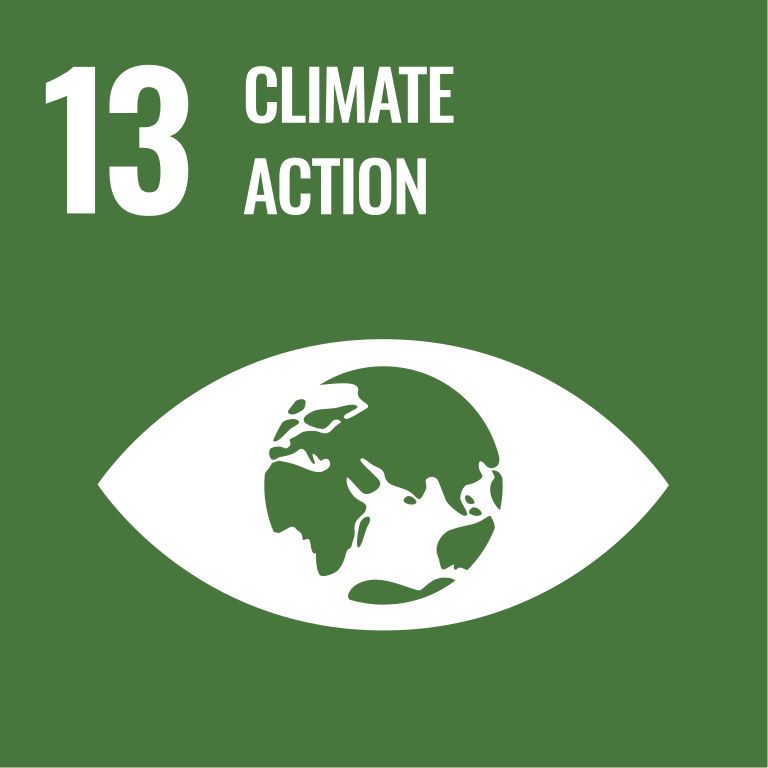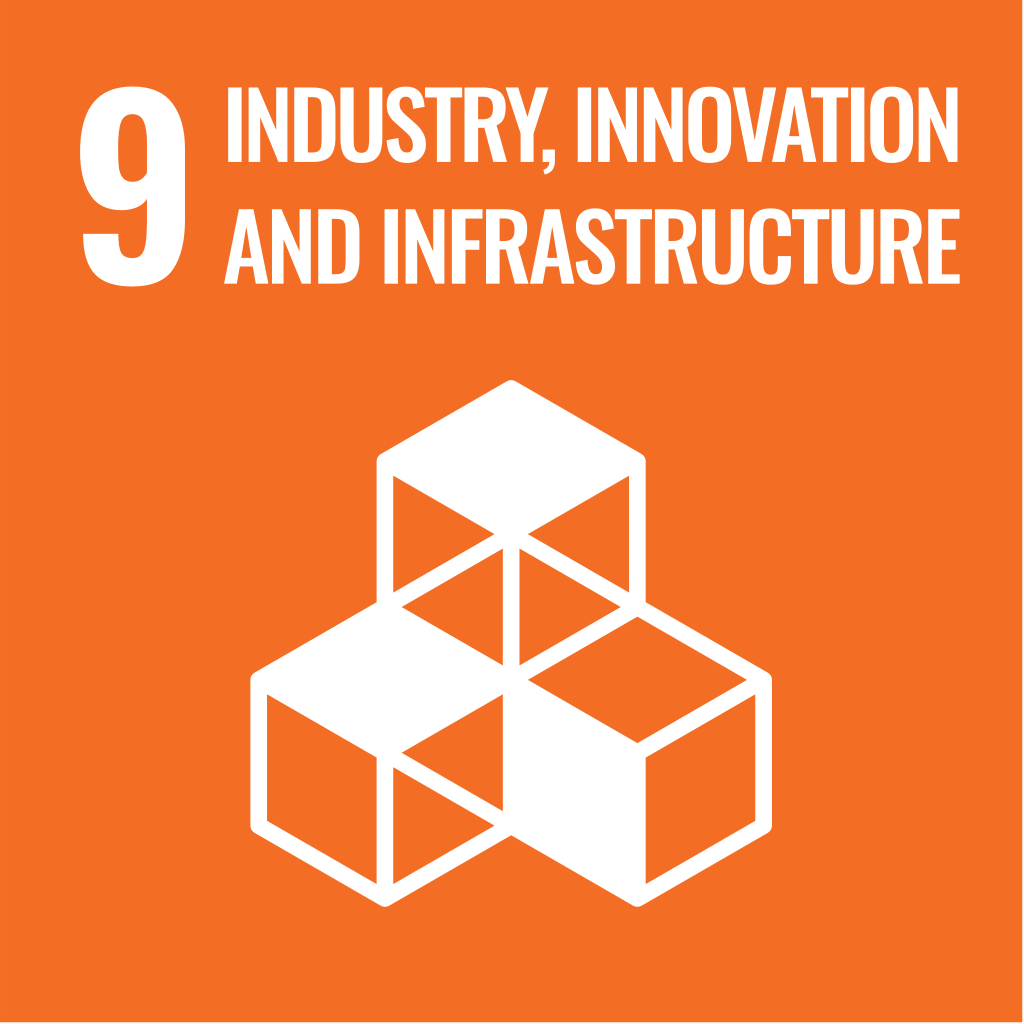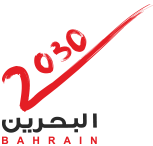Governance and Leadership
SDG 4: Focus Areas
4.3.5 Life Learning Access Policy
Does your university as a body have a policy that ensures that access to these activities is accessible to all, regardless of ethnicity, religion, disability, immigration status or gender?
The University of Bahrain (UoB) has a formal Life Learning Access Policy that guarantees equal and non-discriminatory access to all lifelong learning activities, regardless of ethnicity, religion, disability, immigration status, or gender. The policy applies to all programs—training courses, workshops, micro-credentials, CPD, public lectures, and online open courses—delivered by the university and its partners. It explicitly mandates inclusive opportunities, accommodations for persons with disabilities, transparent admission criteria, and public announcements through official channels. The policy also ensures quality assurance, periodic evaluations, and access to university facilities for participants. By embedding non-discrimination principles and flexible learning options, UoB demonstrates a strong institutional commitment to equity, lifelong learning, and SDG 4, ensuring that education remains accessible to all segments of society.
1. Definitions
| Term | Definition |
|---|---|
| The University | University of Bahrain |
| University Council | The University Council of the University of Bahrain |
| The President | President of the University of Bahrain |
| Lifelong Learning | All learning activities undertaken throughout life to develop knowledge, skills, and competencies in personal, social, or professional contexts. It includes formal, non-formal, and informal learning. |
| Formal Learning | Structured learning in organized environments (universities, training centers, schools) aimed at obtaining certificates or qualifications. |
| Informal Learning | Learning outside structured environments, gained through daily experiences, observations, and interactions. |
| Non-formal Learning | Organized learning outside formal education but with defined objectives, typically flexible and not leading to formal qualifications. |
| Continuing Education | Educational and training programs offered by the University outside accredited academic programs to support professional development or enrich knowledge. |
| Professional Development | The process of acquiring new skills and knowledge to enhance professional competence. |
| The Program | A structured set of activities or courses designed to achieve specific learning outcomes. Includes training courses, workshops, certificates, micro-credentials, CPD, open courses, public lectures, online programs, etc. |
| Recognition of Prior Learning (RPL) | Assessment of knowledge and skills gained through informal or non-formal learning to award credit hours toward formal qualifications. |
| The Learner | Any individual participating in lifelong learning activities without registering in an academic degree program. |
| The Certificate | Official document confirming completion of one or more courses or a training program. |
| Certificate of Attendance | Official document confirming attendance in a course or program without passing assessments. |
2. Policy Purpose
- Promote and strengthen a culture of continuous learning within and beyond the University.
- Provide high-quality and flexible educational opportunities to various segments of society.
- Contribute to the achievement of Bahrain’s Economic Vision 2030 by developing national human capital.
- Build partnerships with industry, government, and civil society to design programs that meet labor-market needs.
- Ensure the quality and relevance of lifelong learning programs and maintain the University’s academic reputation.
3. Policy Scope
The policy applies to all lifelong learning activities under the University, including programs delivered by colleges, centers, or external partners. It covers the following groups:
- University students
- University graduates
- Academic and administrative staff
- Professionals and employees in the public and private sectors
- Members of the local community seeking to develop knowledge and skills
4. Policy Statement
4.1 Principles of Lifelong Learning
- Ensuring all programs meet approved academic and professional quality standards.
- Designing programs responsive to labor-market needs and technological developments.
- Providing varied learning options (timing, content, delivery mode, assessment).
- Providing inclusive opportunities without discrimination, considering persons with disabilities.
- Strengthening cooperation with local, regional, and international partners.
- Integrating lifelong learning programs within institutional partnerships and development systems.
4.2 Types of Lifelong Learning Programs
- Training courses and workshops.
- Professional certificates.
- Micro-credentials.
- Continuous Professional Development (CPD) Program.
- Open courses.
- Preparatory programs.
- Public lectures and seminars.
- Online open programs.
4.3 Admission and Registration Requirements
- Admission requirements vary depending on the program type and level.
- Each responsible unit sets specific requirements and announces them clearly.
- Priority is given to applicants who fully meet requirements; selection follows objective criteria.
4.4 Quality Assurance and Accreditation
- Programs are subject to the University’s quality-assurance mechanisms.
- Programs undergo periodic evaluations through surveys, reports, and outcome analysis.
- Certificates of completion or attendance are issued according to program requirements.
4.5 Recognition of Prior Learning (RPL)
Prior learning is handled according to the University’s RPL policy.
4.6 Program Fees
- Open-course fees follow postgraduate master’s tuition rates.
- Fees for other programs are determined by the University Council based on recommendations.
4.7 Access to Facilities and Services
- Participants may use facilities such as libraries, labs, IT centers, and sports facilities.
- Temporary identification cards are issued for facility access.
4.8 Annual Reporting
The University includes data and indicators on lifelong learning programs in its annual reports.
5. Roles and Responsibilities
Vice President for Partnerships and Development
- Supervise policy implementation, evaluation, and partnership development.
- Coordinate with internal and external entities and submit periodic reports.
Colleges and Academic Centers
- Propose and develop program content.
- Nominate qualified instructors and participate in quality assurance.
- Collaborate with the Communication Directorate on marketing.
Deanship of Admission and Registration
Responsible for managing admission and registration for open courses and issuing certificates.
Information Technology and Digital Education Directorate
Provides technical support, platform training, and ensures quality of electronic content.
Competitiveness and Organizational Development Directorate
Ensures adherence to quality standards and conducts periodic reviews.
Communication Directorate
Promotes lifelong learning programs and manages public communication.
6. Policy Procedures
6.1 Program Proposal and Development Procedures
- Identify educational and training needs through studies and consultations.
- Prepare detailed program proposals including objectives, outcomes, instructors, resources, and budget.
- The Office of the Vice President reviews proposals.
- Approval is granted upon fulfilling all requirements.
6.2 Marketing and Promotion Procedures
- Prepare marketing materials with the Communication Directorate.
- Announce programs through official channels.
- Designate contact details for inquiries.
6.3 Admission and Registration Procedures
- Applications are submitted through the approved electronic system.
- The Deanship verifies requirements for open courses.
- Accepted applicants receive formal notification and details.
- Participants complete payment and administrative steps.
6.4 Program Implementation Procedures
- Prepare classrooms, equipment, and materials.
- Implement the program according to plan.
- Provide technical support for online delivery.
- Assess participant performance.
6.5 Evaluation and Review Procedures
- Participants complete evaluation surveys.
- Instructors submit program reports.
- Survey and report results are analyzed.
- Use evaluation results for improvement.
- Programs are reviewed every 3–5 years.
6.6 Certificate Issuance Procedures
- Ensure participants meet the conditions for receiving certificates.
- The Deanship issues official certificates.
- Certificates are delivered through approved channels.
7. Contact Information
Office of the Vice President for Partnerships and Development
Email: vppd@uob.edu.bh
Contact #: 17437775
